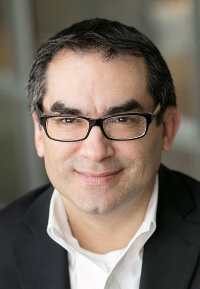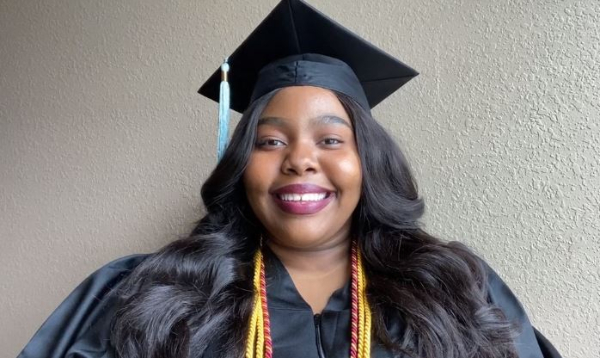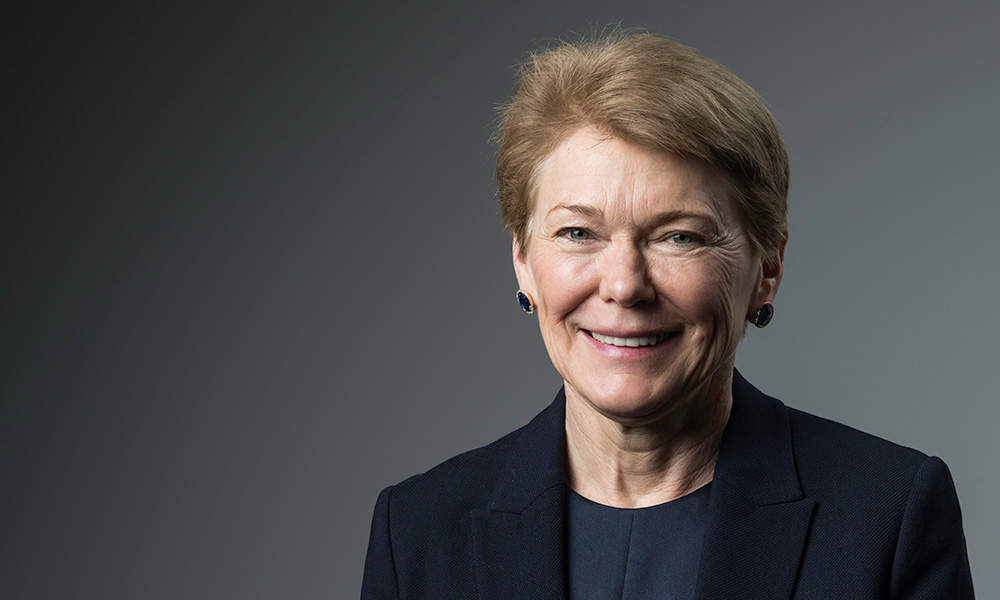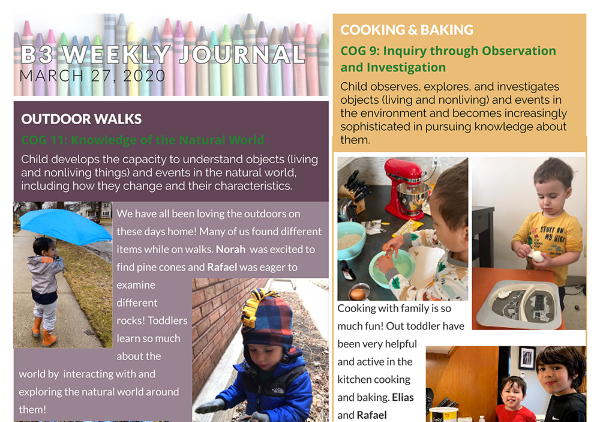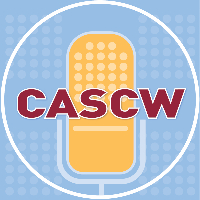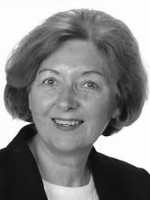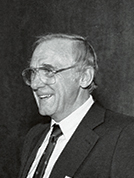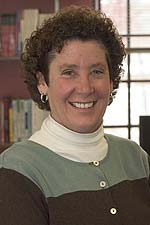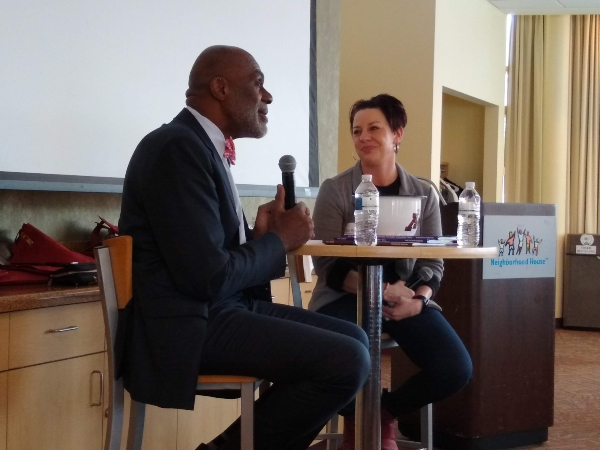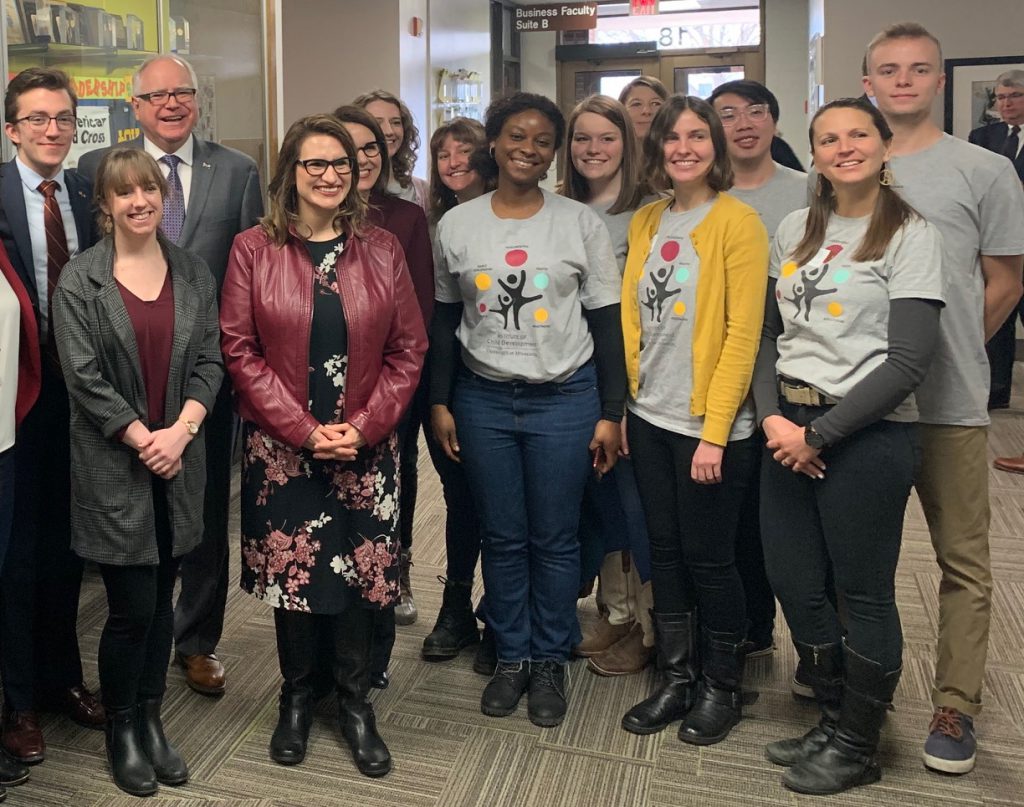The School of Social Work recently announced the winners of its Social Innovation Challenge. Winning proposals were in two categories: The Community Partnership Award for service innovation in a community organization, and the School of Social Work Award for innovation within the School of Social Work.
Community Partnership Award
Winner: Caitlin Bordeaux, (MEd Youth Development Leadership) in partnership with Youth Leadership Institute (YLI) at Amherst H. Wilder Foundation.
The YLI supports ethnically diverse St. Paul high school youth to become leaders and contributors in their community. Bordeaux will create processes and partnerships to increase the involvement of Native Youth in the YLI program.
School of Social Work Award
Winners: Malaika Hankins, Marci Exsted, and Julia Wilber, (MSW) in partnership with SSW adjunct faculty and doctoral student Cary Waubanascum.
UMN Master of Social Work students designed a toolkit for their peers to operationalize vital conversations on race with an intentional trajectory toward collective liberation and justice. With the Social Innovation Challenge, they will facilitate a series of “train-the-trainer” seminars on the toolkit and organize check-in/follow-up sessions for fellow students in the School of Social Work.
Student awardees will present their projects to the School of Social Work during the 2020-21 academic year.
James Toole, Compass Institute CEO and School of Social Work Fellow, generously sponsored the Social Innovation Challenge and offered applicants a design workshop to improve and expand on their initial proposals. The judges who helped review an exceptional pool of proposal entries include Professor Mark Umbreit, Assistant Professor Cindy Vang, CASCW Outreach Coordinator Denise Cooper, and Academic Support Services Professional Peggy Pond.

